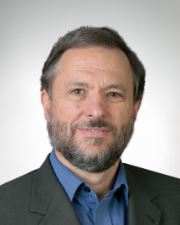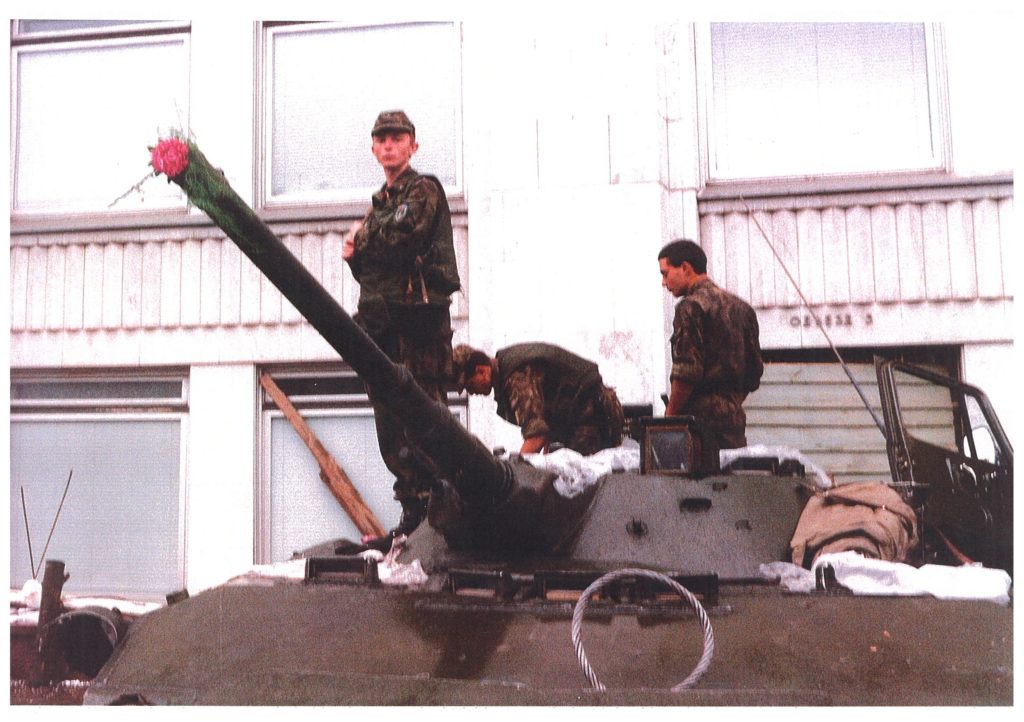Watch the webinar below:
This live webinar was recorded on Thursday, Dec. 7, 2017 at 12 p.m. (Eastern Time-US)
Download a copy of the monograph here
Questions participants asked that we didn’t get to address during the live session:
- Q: I’m wondering how strictly you define coup—whether an illegitimate government itself could be said to have engineered a coup (say in an instance in which a leader comes to power through voter fraud, or, once in office, rules in a manner consistently counter to constitutional law, but having come to the leadership position through an electoral process).
A: My study only looked at more traditional coups (and included Honduras and the Maldives as well despite using dubious Constitutional rationalizations), not the situations you describe, but I think similar lessons apply. There is term in Spanish for the second scenario you mentioned—auto-gulped. Fujimori successfully did one of those in Peru, but when Serrano tried that in Guatemala in 1993, he was thrown out in part through a civil resistance campaign. - Q: Can organized CR and spontaneous CR work simultaneously? How as a researcher do you differentiate between them if you are studying an anti-coup CR as a participant observer?
A: No CR campaign is either/or. There is always some spontaneity in even the most well-organized campaign and there is at least some organization, albeit often ad hoc, in the kind of emergency mobilizations that follow a coup or coup attempt. Admittedly, this was one of the fuzzier categories in my research. At the same time, my research reconfirmed my sense that there are clear advantages to situations in which some opposition organization(s) or representatives of the ousted government can communicate with pro-democracy forces and call for specific acts of resistance and encourage nonviolent discipline
Webinar Summary
Based on his ICNC Monograph, Civil Resistance Against Coups, Professor Zunes will examine civil resistance movements against efforts by the military or other elements of the power elite to forcefully overthrow democratic governments and replace them with autocratic regimes. Building on six different scenarios of civilian-driven nonviolent counter-coups, consisting of two cases each, the webinar will address such questions as: How are such uprisings similar and different than the more protracted pro-democracy struggles against already-existing dictatorships? What is relevant from the existing literature regarding anti-authoritarian civil insurrections and what is unique to counter-coups? How can civil society successfully mobilize large numbers of people in a short time prior to the consolidation of power by undemocratic forces? What potential is there for civil society to organize in advance and plan contingencies for rapid mobilization in the event of a coup? What in particular would be most effective in terms of planning?
Presenter
 Dr. Stephen Zunes is a Professor of Politics and International Studies at the University of San Francisco, where he serves as coordinator of the program in Middle Eastern Studies. He also currently serves as a senior policy analyst for Foreign Policy in Focus project of the Institute for Policy Studies, an associate editor of Peace Review, a contributing editor of Tikkun, and as an academic advisor for the International Center on Nonviolent Conflict. He is the author of scores of articles for scholarly and general readership on Middle Eastern politics, U.S. foreign policy, strategic nonviolent action, international terrorism, nuclear nonproliferation, and human rights. He is the principal editor of Nonviolent Social Movements (Blackwell Publishers, 1999), the author Tinderbox: U.S. Middle East Policy and the Roots of Terrorism (Common Courage Press, 2003) and co-author (with Jacob Mundy) of Western Sahara: War, Nationalism and Conflict Irresolution (Syracuse University Press, 2010).
Dr. Stephen Zunes is a Professor of Politics and International Studies at the University of San Francisco, where he serves as coordinator of the program in Middle Eastern Studies. He also currently serves as a senior policy analyst for Foreign Policy in Focus project of the Institute for Policy Studies, an associate editor of Peace Review, a contributing editor of Tikkun, and as an academic advisor for the International Center on Nonviolent Conflict. He is the author of scores of articles for scholarly and general readership on Middle Eastern politics, U.S. foreign policy, strategic nonviolent action, international terrorism, nuclear nonproliferation, and human rights. He is the principal editor of Nonviolent Social Movements (Blackwell Publishers, 1999), the author Tinderbox: U.S. Middle East Policy and the Roots of Terrorism (Common Courage Press, 2003) and co-author (with Jacob Mundy) of Western Sahara: War, Nationalism and Conflict Irresolution (Syracuse University Press, 2010).
Relevant Readings
Gene Sharp and Bruce Jenkins’ monograph The Anti-Coup
Adam Roberts’s article “Civil Resistance to Military Coups”
Are You On Twitter?
Follow @nvconflict and #ICNCwebinars on Twitter to join the conversation during the webinar.
